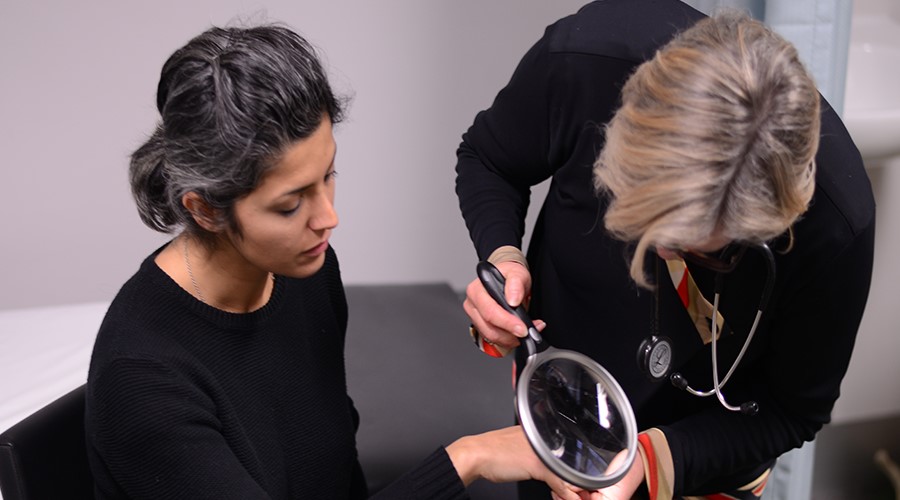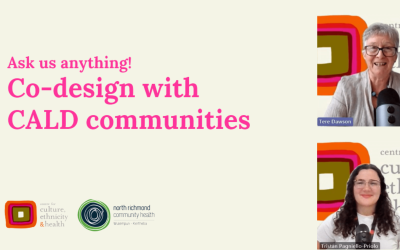Cultural Competence Organisational Review Tool

The Cultural Competence Organisational Review (CORe) tool helps organisations improve their own cultural competence. By improving cultural competence, organisations strengthen their service delivery (access and appropriateness) to people from refugee and migrant communities. The CORe tool empowers organisations to evaluate their own cultural competence. These findings are then used to inform any changes to services, internal procedures or policies needed to strengthen organisational cultural competence. By using the tool, organisations gain an understanding of their current policies and practices related to culturally and linguistically diverse groups. This understanding is gained through a variety of methods including:
- Staff survey
- Document reviews
- Community consultations
- Action planning and implementation
- Evaluation
CORe is particularly suited for use by organisations such as community health services with a service delivery component within the health sector. The tool can also be adapted for local government and other service provider settings. CORe was developed in partnership by Merri Community Health Services, The University of Melbourne and the Centre for Culture, Ethnicity and Health.
Related Information
Connecting with communities using Health Literacy principles
Plain language is essential for effective communication. When health information is presented in plain language, it is easier for people to understand. This is particularly important when dealing with diverse communities where English may not be the first language for many residents.
Co-design: what, why and how?
We know that collaboration is an important step in engaging diverse communities in services, particularly those that face certain barriers such as linguistic and cultural differences, lack of awareness of services, and limited access to information. So, how can we collaborate with these communities? Read on for our thoughts.
The Arthur Kleinman Explanatory Model
This model was first proposed by Arthur Kleinman, who developed a set of eight questions to ask a client to learn more about their explanatory model to provide better patient-centered care.
Addressing challenges to work cross culturally; new cultural competence bundles
When there are gaps in cultural awareness and language, there are more misunderstandings, biases and sometimes compromised health outcomes. The good news is that there is so much we can do to be more prepared.




